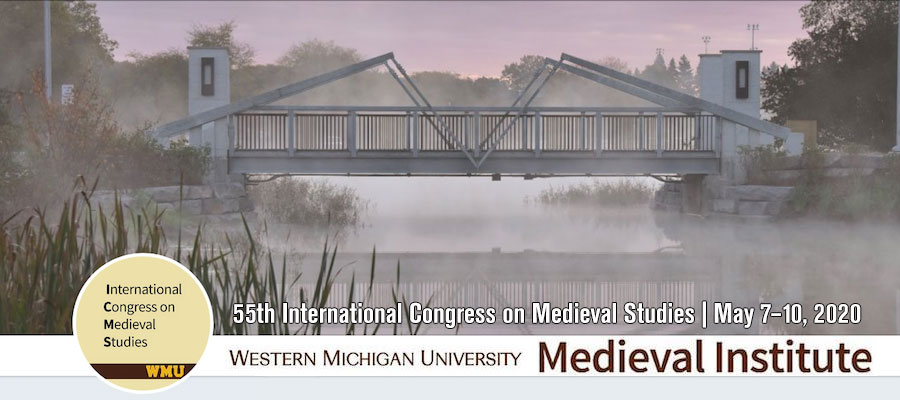Bending the Knee: Proskynesis, Genuflection, and Bowing Rituals in the Medieval World (Sessions I and II), sessions at 55th International Congress on Medieval Studies, Western Michigan University, May 7–10, 2020
Various pre-modern cultural traditions managed interactions between members of different social strata by prescribing performative displays of supplication and humility. Perceptible and formalized movements of the body, often performed publicly in courtly and religious settings, provided a symbolic visual vocabulary for interaction. They consisted of different extensions and contractions of joints and muscles, and often took the form of proskynesis, kowtow, genuflection, and bowing, as well as other gestures. These widely persistent social rituals represented the nature of the polarized relationship between master and slave, ruler and ruled, or superior and inferior in medieval cultures. They also served as forms of social currency; those acknowledging their superior’s authority and power were rewarded with social recognition. Paradoxically, bowing rituals could also result in one’s own exaltation through an elevation to a higher societal or spiritual ranking. Depictions and acts of genuflection or proskynesis were not limited to imperial contexts. Lowering the body as a means of elevating the soul was fundamental to monastic practice in Christian, Islamic, and many other cultures.
These two panels call for papers that discuss, explicate, and contextualize the rituals, histories, imagery, and cultural significance associated with different forms of bowing and bending throughout the medieval world. We particularly invite comparative cross-cultural studies pertaining to rituals of supplication within medieval Islam, Christianity (Latin and Byzantine), and other faiths, cultures, and traditions. Furthermore, papers can also discuss how these performative gestures delineated the relationships between ruler and ruled, master and slave, and upper and lower classes in various pre-modern contexts. Our goal with these panels is to begin an interdisciplinary dialogue spurring new lines of inquiry currently absent from existing studies that focus solely on individual cultural contexts.
Session organizers
Ali Asgar Hussamuddin Alibhai
Erika Loic
